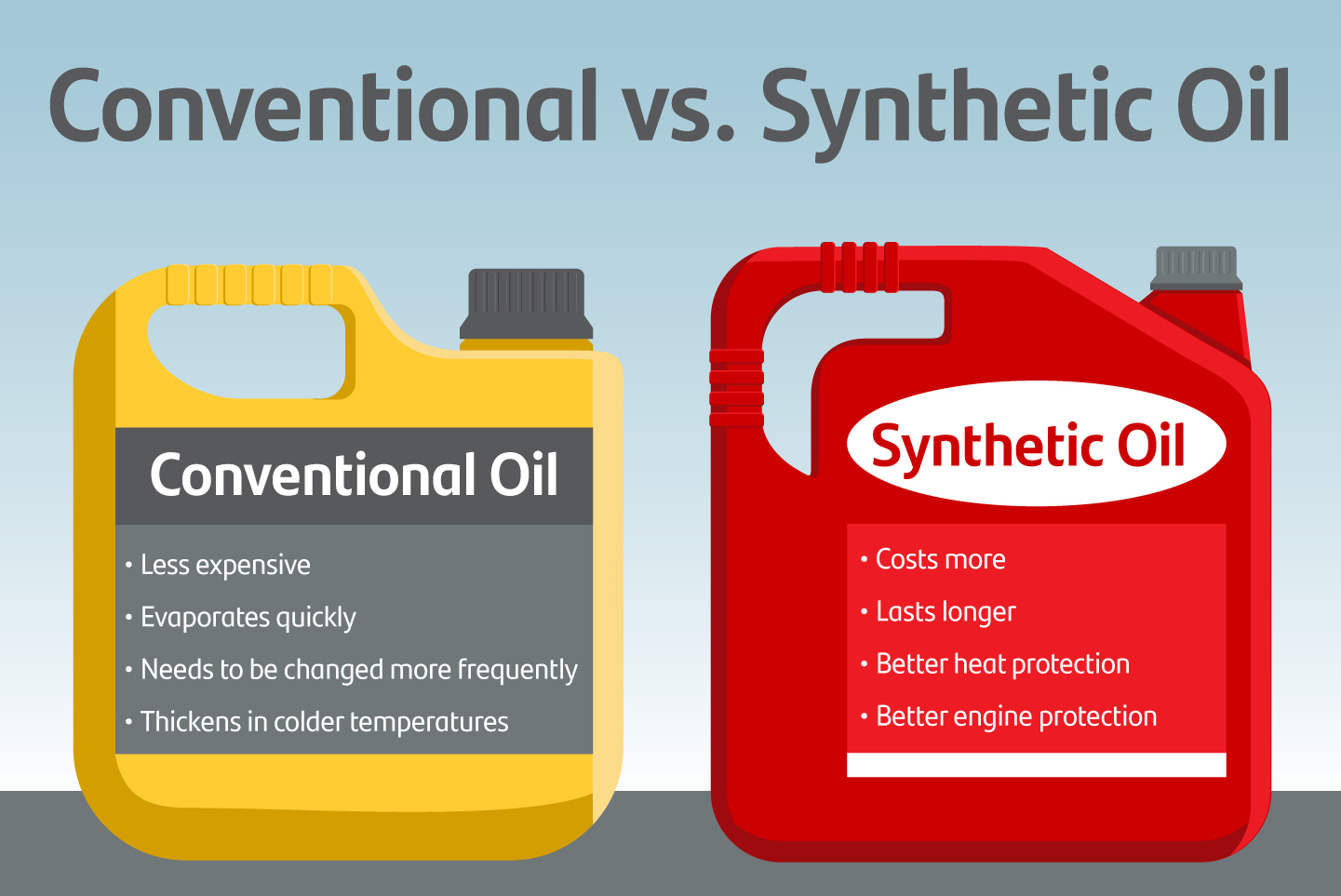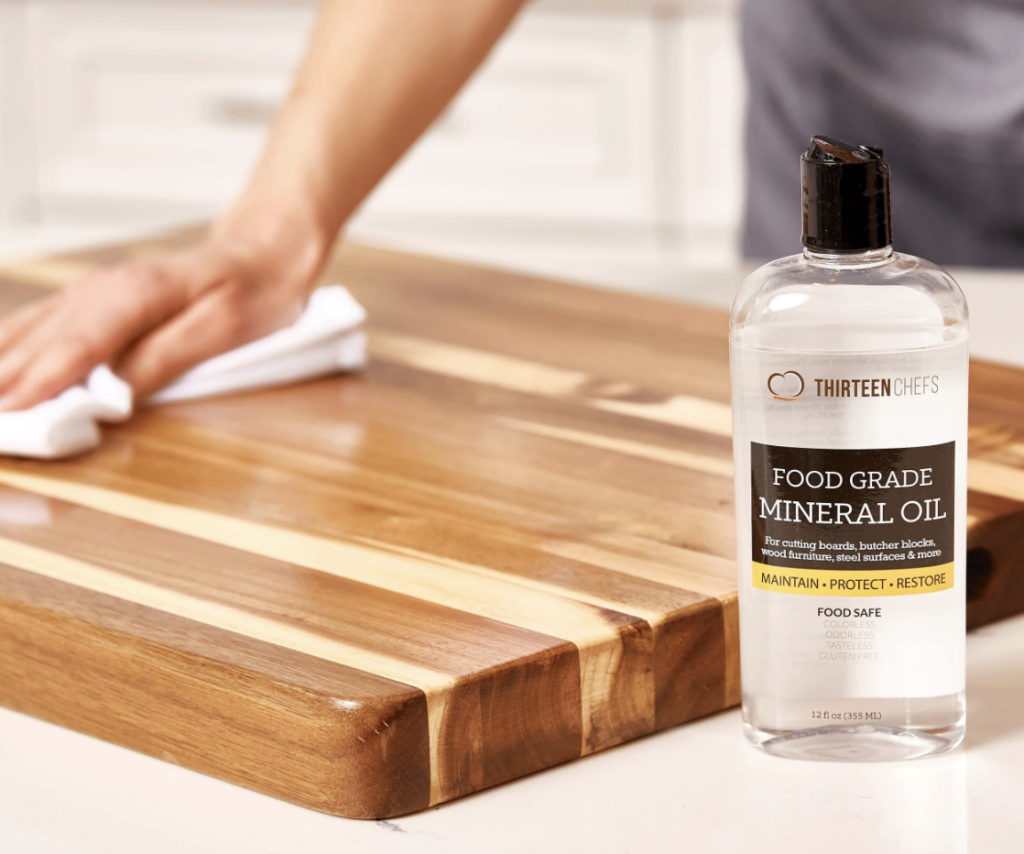Understanding The Longevity Of Synthetic Oil: Does Synthetic Oil Degrade Over Time?
As car owners, we are constantly seeking ways to extend the life of our vehicles and optimize performance, making the choice of engine oil a critical consideration. Among the options available, synthetic oil has gained significant popularity due to its enhanced properties compared to conventional oils. However, a common question arises: does synthetic oil degrade over time? Understanding the factors that contribute to the degradation of synthetic oil is essential for making informed decisions regarding your engine’s maintenance. With its advanced formulation, synthetic oil offers superior protection under extreme conditions and can last longer than traditional oils. But just like any product, its effectiveness can diminish over time, especially under certain conditions. In this article, we will explore the longevity of synthetic oil, its degradation process, and how to maintain its optimal performance.
Many drivers are curious about the lifespan of synthetic oil and whether it can maintain its protective qualities throughout its intended duration. The truth is that synthetic oil, while designed to withstand higher temperatures and resist breakdown, is still subject to degradation due to factors such as heat, contamination, and exposure to air and moisture. In this comprehensive guide, we will discuss the various elements that influence the degradation of synthetic oil and provide insights into how you can maximize its efficacy.
By understanding the science behind synthetic oil and its potential degradation, vehicle owners can make better choices regarding oil changes and maintenance schedules. This knowledge not only helps in preserving engine life but also contributes to better performance and efficiency in the long run. Now, let’s delve into the specifics of synthetic oil and answer the pressing question: does synthetic oil degrade over time?
Read also:Exploring The World Of Iconic Duos Timeless Partnerships That Captivate Our Imagination
What Is Synthetic Oil?
Synthetic oil is a man-made lubricant consisting of artificially synthesized chemical compounds. Unlike conventional mineral oil, which is derived from crude oil, synthetic oil is engineered to provide better performance and protection for engines. Some of the key characteristics of synthetic oil include:
- Higher viscosity index
- Better thermal stability
- Improved low-temperature fluidity
- Resistance to oxidation
How Does Synthetic Oil Degrade Over Time?
The degradation of synthetic oil occurs through several mechanisms. Here are some primary factors that contribute to its breakdown:
- **Oxidation**: Exposure to oxygen at high temperatures can lead to the formation of harmful byproducts, which can negatively impact oil performance.
- **Contamination**: Dirt, dust, and other contaminants can enter the engine and mix with the oil, leading to sludge formation and reduced lubrication properties.
- **Shear Stress**: High-stress conditions can cause the oil molecules to break down, especially in high-performance engines.
- **Thermal Decomposition**: Prolonged exposure to high temperatures can cause the oil to break down chemically.
Does Synthetic Oil Last Longer Than Conventional Oil?
Yes, synthetic oil typically lasts longer than conventional oil. While conventional oils may require changing every 3,000 to 5,000 miles, synthetic oils can last between 7,500 to 15,000 miles or more under normal driving conditions. However, the specific lifespan may vary based on factors such as driving habits, environmental conditions, and the type of vehicle.
What Are the Signs That Synthetic Oil Is Degrading?
Being aware of the signs that synthetic oil is degrading can help you take timely action. Here are some indicators to watch for:
- **Dark Color**: Fresh synthetic oil is typically amber in color. If it appears dark, it may be time for a change.
- **Unusual Engine Noise**: If your engine starts to produce knocking or grinding sounds, it could indicate that the oil is losing its lubricating properties.
- **Increased Oil Consumption**: If you are frequently adding oil between changes, it may be a sign of degradation.
- **Oil Sludge**: The formation of sludge can indicate that the oil is breaking down and should be changed.
How Can You Maintain Synthetic Oil Quality?
To ensure that your synthetic oil remains effective for as long as possible, consider the following maintenance tips:
- **Regular Oil Changes**: Follow the manufacturer’s recommendations for oil change intervals.
- **Monitor Oil Levels**: Check your oil level regularly and top off as necessary to avoid running low.
- **Keep the Engine Clean**: Regularly change the oil filter and clean the engine to prevent contamination.
- **Drive Smoothly**: Avoid aggressive driving and allow your engine to warm up before demanding high performance.
Can Synthetic Oil Be Used in Older Vehicles?
Absolutely! Synthetic oil can be used in older vehicles, provided that it meets the specifications recommended by the vehicle manufacturer. In fact, many older engines can benefit from synthetic oil’s superior lubrication and cleaning properties, which can help reduce wear and extend engine life.
Read also:Discover The Enchanting Alabama Gulf Coast Zoo Your Adventure Awaits
Does Synthetic Oil Degrade Over Time? Conclusion
In conclusion, synthetic oil does degrade over time, but its advanced formulation allows it to maintain its protective qualities longer than conventional oils. Understanding the factors that contribute to the degradation of synthetic oil can help vehicle owners make informed maintenance decisions. Regular oil changes, monitoring oil quality, and adhering to manufacturer recommendations will ensure that synthetic oil performs effectively and prolongs the life of your engine.
With the right knowledge and practices, you can enjoy the benefits of synthetic oil while ensuring your vehicle runs smoothly for years to come. Remember, while synthetic oil offers superior protection, it is not immune to degradation, so stay vigilant and proactive in your vehicle maintenance routine.
Article Recommendations


